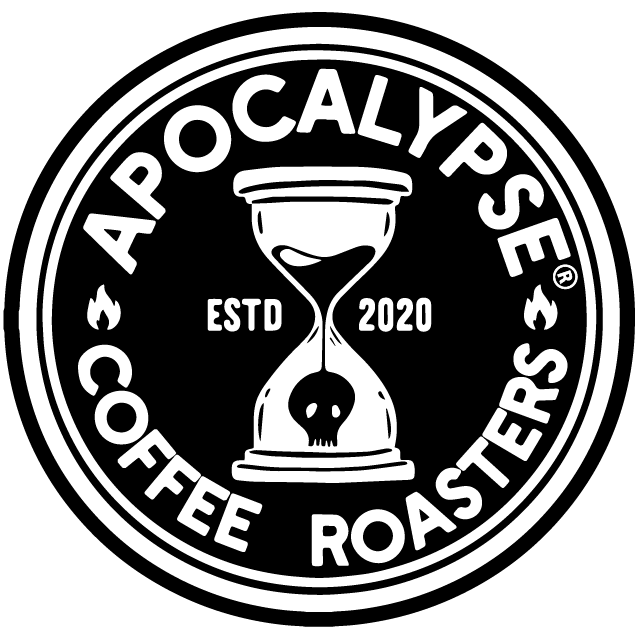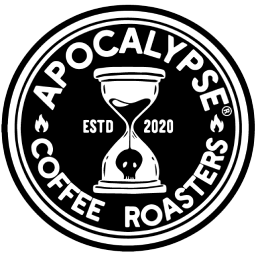A CLOSER LOOK AT THE SCIENCE, BENEFITS, AND EFFECTS OF CAFFEINE IN COFFEE FOR DAILY ENERGY AND MENTAL FOCUS
While caffeine is found in countless plant species beyond coffee beans, coffee remains the preferred choice for so many, fueling millions of morning routines every day. That said, what exactly is caffeine doing to the body, and why is coffee the most celebrated form of caffeine consumption?
How Does Caffeine Affect the Brain and Body?
Caffeine blocks adenosine, a neurotransmitter responsible for promoting sleep and slowing down brain activity. When adenosine’s calming effects are blocked, brain activity increases, and so does alertness. That’s why caffeine is often described as giving a boost of energy, even though it doesn’t supply energy in the traditional sense like calories from food do. In a typical cup of brewed coffee, caffeine works quickly, usually reaching peak levels in the bloodstream within 30 to 60 minutes. The result? A heightened sense of focus, increased physical stamina, and improved reaction times.
How Much Caffeine is in a Cup of Coffee?
The caffeine content found in coffee depends greatly on a variety of factors, such as the chosen brewing method. For example, espresso has more caffeine per ounce, but a standard 8-ounce drip coffee typically contains more total caffeine. On average, for an 8-ounce cup of coffee, caffeine content levels can range anywhere from 80 to 120 milligrams. The U.S. Food and Drug Administration (FDA) considers up to 400 milligrams per day to be safe for most healthy adults, which is roughly the equivalent of four 8-ounce cups of coffee.
What Are the Positive Effects of Caffeine in Coffee?
For most people, caffeine delivers several science-backed benefits when consumed in moderation, including increased alertness and focus, improved physical performance, mood support, and potential protective effects.
Caffeine Increases Alertness and Focus
Caffeine blocks the sleepy signals sent by adenosine, keeping the brain awake and engaged. This makes it easier to stay alert during long meetings, early mornings, or study sessions.
Caffeine Improves Physical Performance
Caffeine has the ability to stimulate the body’s release of adrenaline, which in turn enhances the body's ability to burn fat for fuel. This effect of caffeine contributes to improved athletic endurance and strength. That’s one reason caffeine is a common ingredient in pre-workout supplements and why coffee is a go-to before morning runs.
Caffeine Boosts Mood Support
Some research suggests that caffeine may have mild antidepressant properties by boosting dopamine and serotonin activity in the brain, potentially reducing feelings of fatigue and low mood.
Caffeine Has Potential Protective Effects
Observational studies have linked regular coffee consumption with a lower risk of some diseases, including type 2 diabetes, Parkinson’s disease, Alzheimer’s disease, and liver conditions such as cirrhosis and fatty liver. While caffeine may play a role, coffee’s other natural compounds (like antioxidants) contribute as well.
What Happens When Caffeine Intake is Too High?
While caffeine in coffee can be very helpful to most people, too much caffeine may lead to unwanted side effects, such as restlessness, sleep disruption, digestive discomfort, and a temporary increase in blood pressure.
Restlessness
High doses of caffeine can cause overstimulation in the body’s nervous system, inducing jitters, increasing heart rate, and heightening restlessness.
Sleep Disruption
Caffeine’s stimulating effects can last for several hours. Drinking coffee late in the day may make it harder to fall asleep or stay asleep, especially for those with disrupted circadian rhythms.
Digestive Discomfort
Some people may experience acid reflux, heartburn, or nausea if caffeine increases stomach acid production.
Temporary Blood Pressure Increase
Too much caffeine can cause short-term spikes in blood pressure, which may be a concern for those with hypertension.
Why Coffee Remains the Most Popular Source of Caffeine
Across cultures and continents, coffee holds a special place not just for its caffeine content, but for the experience it creates. Unlike synthetic caffeine found in sodas or energy drinks, coffee delivers its stimulating effects alongside a beneficial mix of antioxidants, oils, and naturally occurring compounds. These elements work together offering a slower, steadier release of caffeine compared to more processed forms. The act of brewing and drinking coffee adds structure to daily routines, encourages social interaction, and offers a moment of pause before the day accelerates.
The Last Coffee Ever Needed — Brewed for the Unexpected
Every cup begins with intention, and at Apocalypse Coffee Roasters, that means creating a brew perfect for preparation. As a family-run roastery on Florida’s Space Coast, coffee is more than a daily ritual; it’s a calling. Whether fueling early launches or exploring late-night theories about extraterrestrial life, the mission is clear: to serve the best first sip on the planet. With over 25,000 hours dedicated to our craft, each roast is designed to highlight the clarity and smoothness. Join the locals who already know: when it’s Apocalypse Coffee, the day starts better. Take our quiz to find the perfect roast and never risk running out when brew is needed most.






